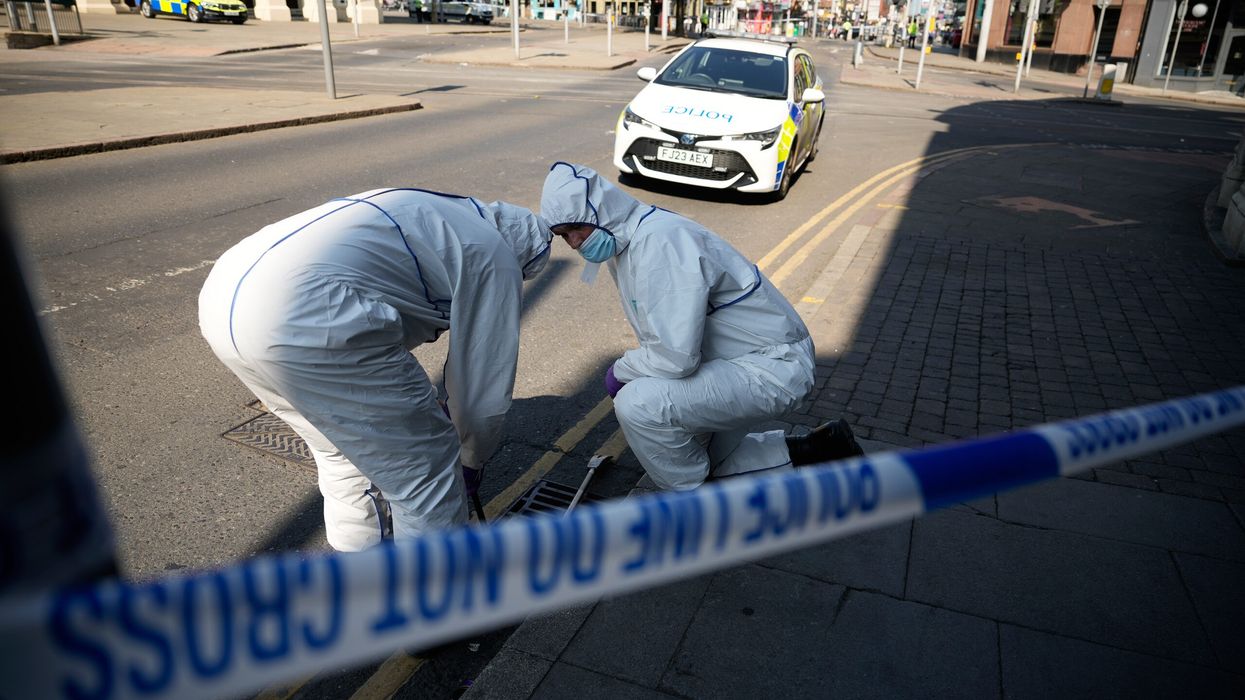AN INDEPENDENT investigation into the mental health care of Valdo Calocane, who killed three people in Nottingham in June 2023, has found that he was not forced to take injectable antipsychotic medication because he disliked needles.
The full report was released by NHS England following pressure from the victims' families.
Calocane killed university students Grace O'Malley-Kumar and Barnaby Webber, along with school caretaker Ian Coates, on 13 June 2023.
He later pleaded guilty to manslaughter on the grounds of diminished responsibility due to paranoid schizophrenia and was sentenced to an indefinite hospital order.
The report found that Calocane refused depot medication—slow-release antipsychotic drugs—each of the four times he was sectioned before the attacks, reported The Guardian.
He was also known to refuse medication when at home. The inpatient teams aimed to treat him in the least restrictive way and accepted his refusal, citing his dislike of needles.
A risk assessment in February 2022 warned staff not to visit Calocane at home alone, noting his history of violence and aggression.
However, the report found that while staff assessed the risk to themselves, they did not sufficiently consider the risk posed by Calocane not taking his medication. The concerns raised by his family about his condition were also not given enough weight.
Calocane's first recorded psychotic episode occurred in May 2020 when he broke into neighbouring flats, causing a woman to jump from a first-floor window, injuring her back.
He was discharged from mental health services in September 2022 after missing several appointments, and staff were unable to locate him due to an incorrect address, The Guardian reported. He had no further contact with medical staff before the killings.
NHS England said it published the report in full due to the families' wishes and the level of public interest. Dr Jessica Sokolov, NHS England (Midlands) regional medical director, acknowledged systemic failures, stating: "It's clear the system got it wrong, including the NHS, and the consequences of when this happens can be devastating."
Claire Murdoch, NHS England's national mental health director, said changes have been implemented, including improved risk assessment processes and a directive preventing mental health trusts from discharging patients solely due to missed appointments.
Marjorie Wallace, chief executive of mental health charity Sane, said the findings highlighted long-standing issues in mental health care, including failures in risk assessment and inadequate responses to family concerns.





